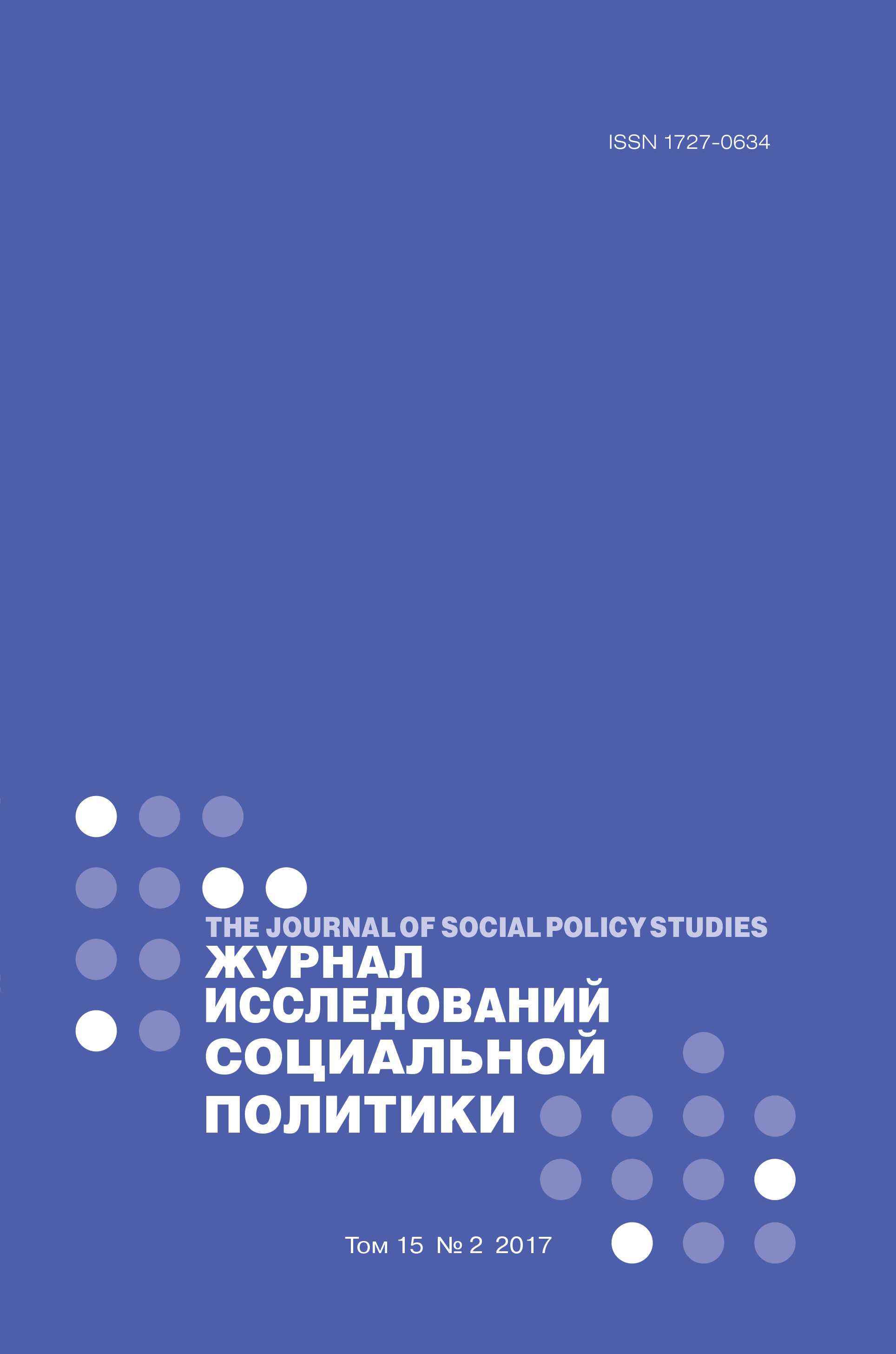The Employment Strategies of Teachers in Large Cities and the Differentiation of Schools
Abstract
Vlada Baranova – department of Sociology, Associate Proffessor, National research university Higher school of economics, Saint Petersburg, Russian Federation. Email: vbaranova@hse.ru
Kirill Maslinsky – research fellow, Laboratory for sociology of education and science, National research university Higher school of economics, Saint Petersburg, Russian Federation. Email: kmaslinsky@hse.ru
In this article we discuss the strategies used by teachers in job-seeking as one factor behind uneven access levels of higher and lower-achieving schools when hiring qualified teachers. Our central hypothesis is that these job-seeking strategies vary depending on qualification level and professional achievement. Empirical data for the study was collected in Saint Petersburg in schools with varying levels of achievement and prestige. We conducted interviews with teachers (N=49) on their professional biography. For analysis we used two points in an individual teacher’s career: the choice of the first school in the teacher’s career path and decision-making when switching schools. The results of the study show that several models of job seeking coexist on the teaching job market. We distinguish two narrative perspectives that a teacher may take when telling of her employment. Within an outsider’s perspective schools are regarded as organizations that may be potential employers. One model is similar to the market of other qualified jobs, where professionals compete for more or less prestigious positions. The other model, which is more similar to the unqualified job market, is based on the tacit assumption that all schools are equal and places more importance on the workplace’s geographical proximity. Within an insider’s perspective teachers regard their potential employing schools primarily as professional communities they may wish to join. There are several types of social bonds that may be used by a person seeking employment as a school teacher. These includes seeking a job in a school one has graduated from ('inbreeding') and seeking a job in a school where one’s children study. Both strategies may lead to the social background of school’s teachers being reproduced. We argue that the job seeking strategies of teachers based on social ties can be understood as a mechanism that supports the movement of qualified teachers to disadvantaged schools.















